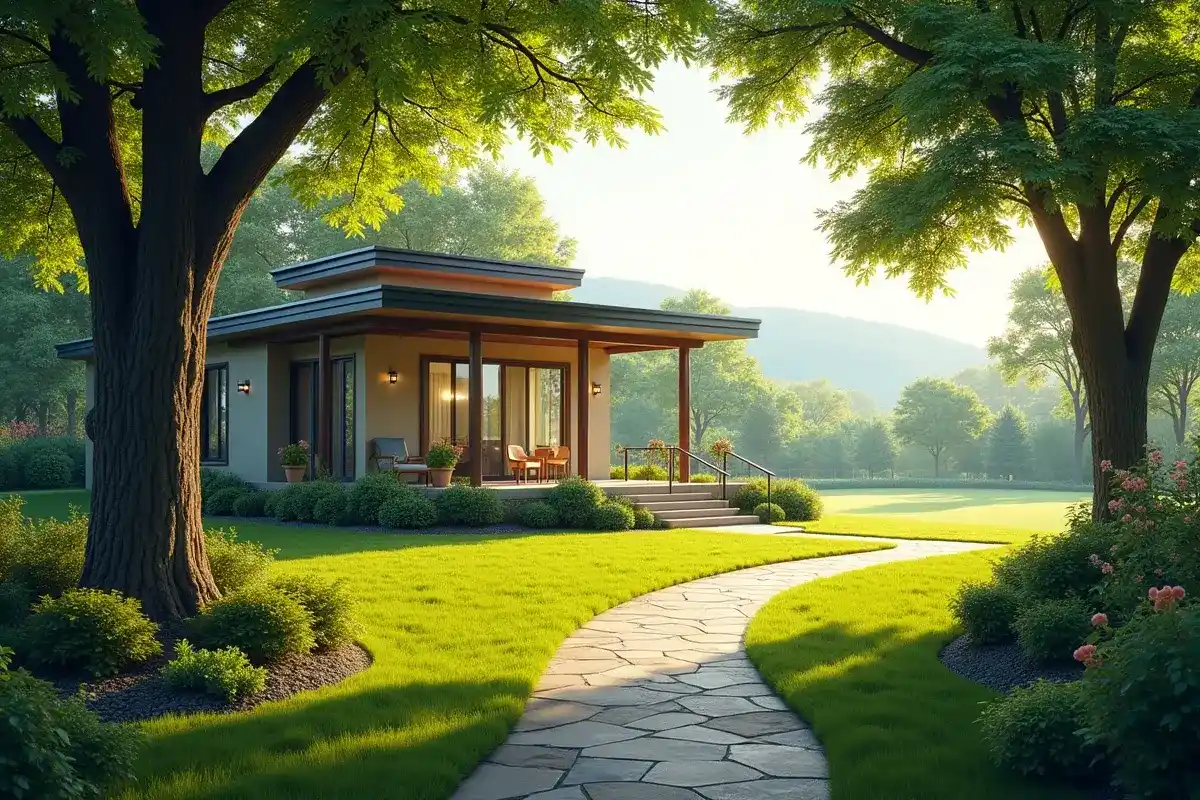Looking for your ideal residential park home? Whether you’re planning for retirement, downsizing, or simply embracing a quieter lifestyle, the journey can feel both exciting and a little overwhelming. With so many factors to consider, how do you make the right choice? Let’s walk through the essential steps to finding a home that feels just right for you.
Contents
1. Location, Location, Location
Where your park home is located will shape your experience more than anything else. Do you dream of coastal views, countryside charm, or easy access to amenities? For instance, residential park homes in Norfolk and Suffolk offer picturesque landscapes, peaceful settings, and plenty of nearby attractions. These areas are known for their tranquil countryside, seaside towns, and welcoming communities, making them popular for residential park homes.
Consider what’s important to you—proximity to family, access to healthcare, or simply being surrounded by natural beauty. Research local attractions, transport links, and community vibe before narrowing down your options.
2. Define Your Budget
How much are you willing to spend? Establishing a clear budget early on will save you time and help avoid any stress later. Keep in mind, it’s not just about the initial cost of the home. You’ll also need to factor in:
- Site fees – Covering maintenance and shared facilities.
- Utility bills – Water, gas, and electricity costs can vary depending on the site.
- Insurance – Protecting your investment.
- Council tax – Check which band the home falls under.
Be realistic about ongoing costs, and don’t forget to leave a little wiggle room for unexpected expenses or upgrades.
3. Choose a Park That Fits Your Lifestyle
Not all residential parks are created equal. Some cater specifically to retirees, offering a quiet, slower pace of life, while others are designed for a mix of ages. Think about what kind of community you’d like to join.
Is it important for you to have shared facilities, like a clubhouse or social events? Or are you after something more low-key? Make sure the park’s rules and culture align with your lifestyle. Some parks may have restrictions on pets, age limits, or rules about external modifications, so read the small print carefully.
4. Think About Long-Term Comfort
Your park home should meet not just your current needs but also your future ones. Consider features like:
- Single-level living – Ideal for accessibility as you age.
- Energy efficiency – Insulation, double glazing, and modern heating systems can save money in the long run.
- Room to personalise – Does the layout work for you, or will you want to make changes?
Visit several homes, and don’t hesitate to ask yourself, “Could I see myself living here in five or ten years?”
5. Inspect the Site and Facilities
A park’s facilities can significantly impact your quality of life. Before committing, spend some time on-site and take a good look around. Pay attention to:
- Cleanliness and upkeep – Well-maintained grounds are a good sign of a professionally managed park.
- Safety and security – Are there barriers, CCTV, or onsite staff?
- Facilities – Whether it’s a café, gym, or communal garden, check if these amenities align with your needs.
It’s also worth chatting with current residents to get their honest perspective on what life in the park is really like.
6. Understand the Legal Aspects
Residential park homes come with specific legal considerations. Unlike traditional houses, you don’t usually own the land your home sits on. Instead, you lease the pitch from the park owner. Make sure you understand:
- The terms of your lease agreement.
- Your rights and responsibilities under the Mobile Homes Act.
- How the park’s rules may impact your lifestyle.
Consider consulting a solicitor who specialises in park homes to review the paperwork before you commit.
7. Visit More Than Once
One visit is rarely enough to make a big decision like this. Go back at different times of the day and week to get a fuller picture of the park’s atmosphere. Is it quiet and peaceful, or is there unexpected noise from nearby roads or facilities?
Visiting multiple times also gives you a chance to explore the local area more thoroughly. Are the shops, restaurants, and other amenities everything you hoped for?
8. Trust Your Instincts
Sometimes, it all comes down to how a place makes you feel. Do you feel comfortable and welcomed? Can you imagine this being your sanctuary?
While practical considerations are essential, don’t ignore your gut feeling. A residential park home is more than just bricks and mortar; it’s your home and a significant part of your future.
Finding Your Perfect Fit
Choosing a residential park home is a big decision, but it doesn’t have to be stressful. By taking the time to research, plan, and reflect on your priorities, you’ll be well on your way to finding a home that’s perfect for you. Keep these tips in mind, and don’t rush the process—you’ll thank yourself later.





